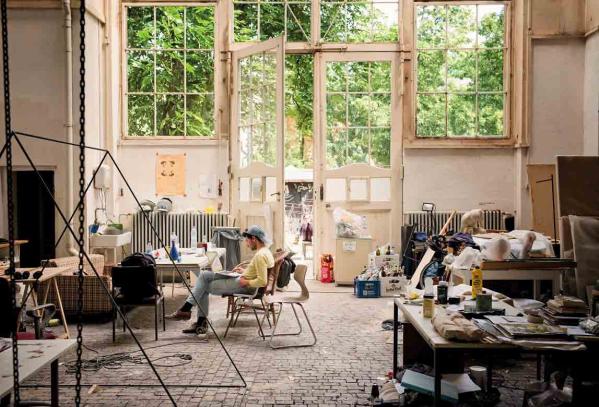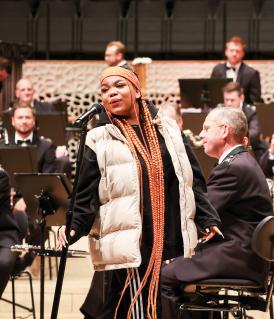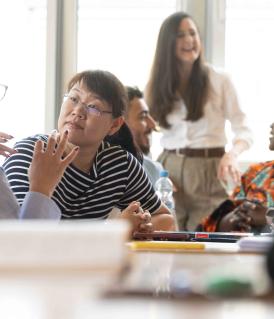Artistic and cultural freedom

The independence of art and culture are guaranteed by Germany’s Basic Law, Article 5 of which states: “Arts and sciences, research and teaching shall be free.” This arises from the conviction that new ideas and thinking from arts and culture can be very significant to modern democratic society. The state therefore provides funding to artists and cultural institutions in order to preserve their independence from the free market.
Art and culture are also funded privately in Germany, such as by companies and foundations, and public and private funding are often intertwined. The state supports the efforts of private donors through tax breaks, thereby providing indirect public funding beyond its own budget. In addition to this, other subsidies are also available for art and culture, such as the artists social insurance established by the Federal Government Federal Government The Federal Government and cabinet is made up of the Federal Chancellor and the Federal Ministers. While the Chancellor holds the power to issue directives, the ministers have departmental powers, meaning that they independently run their respective ministries in the framework of those directives… Read more › . This ensures that independent creative practitioners can enjoy the same social, health, employment and other protections as people in contracted employment. Artists must only cover half of their insurance costs themselves. The remaining half is covered by subsidies from Federal Government and social security contributions from businesses that make use of art and communication services.


